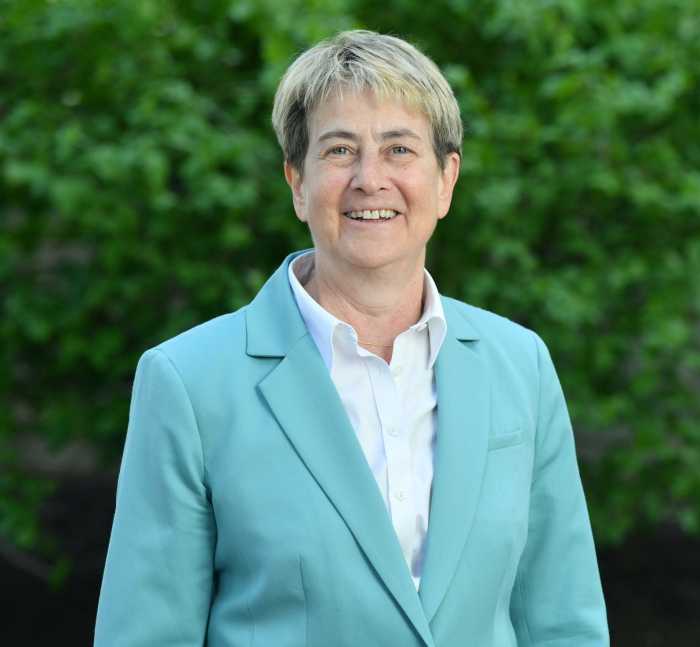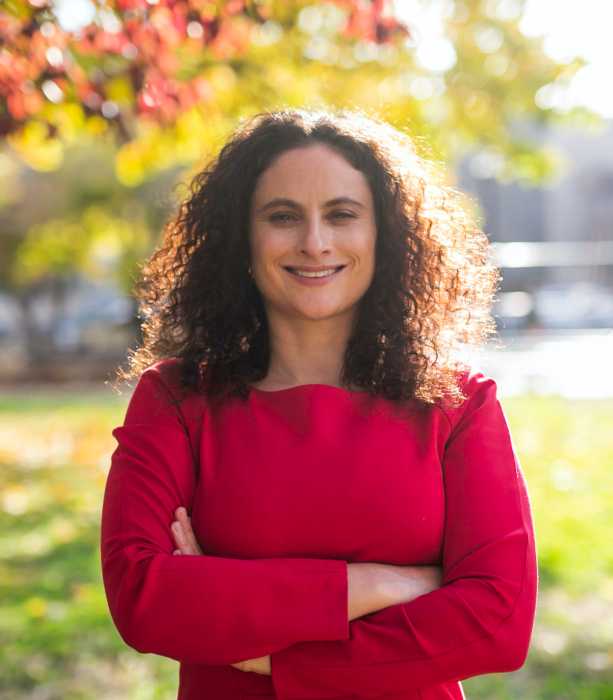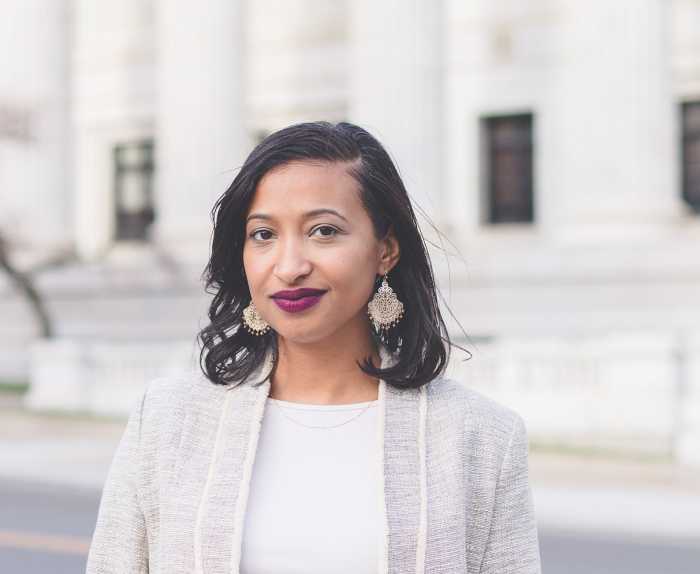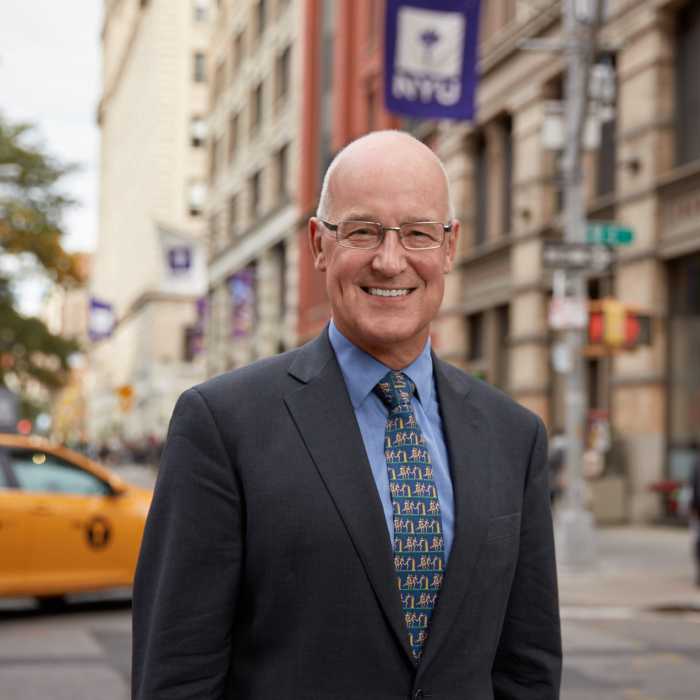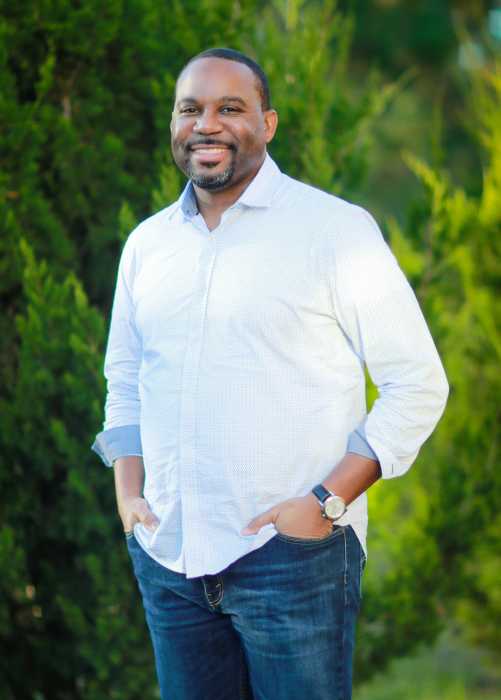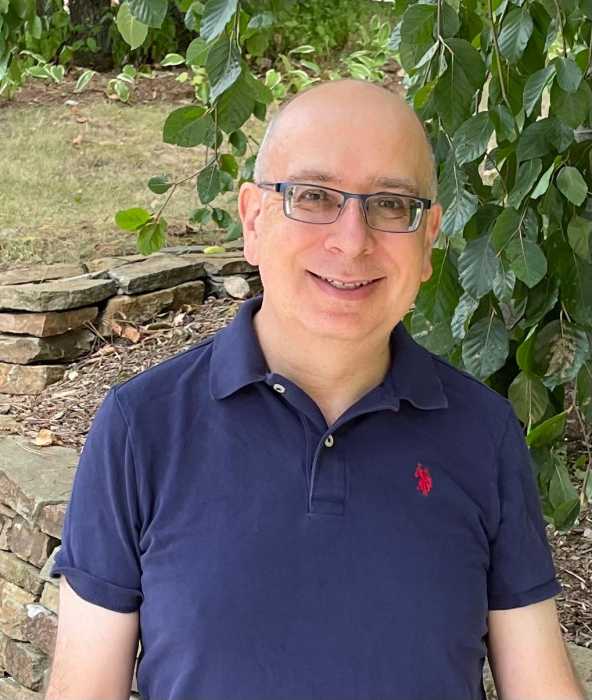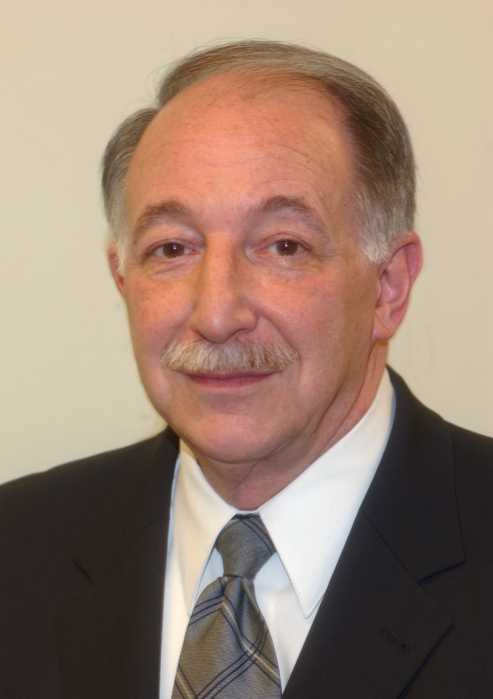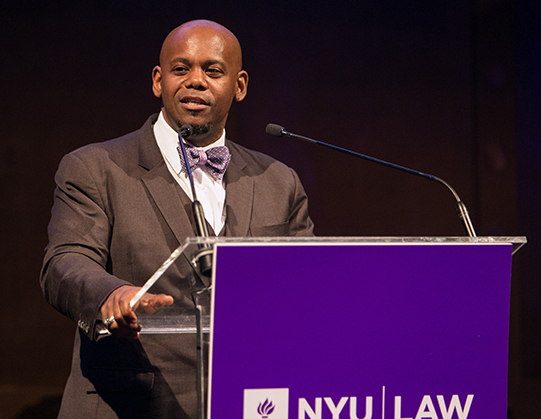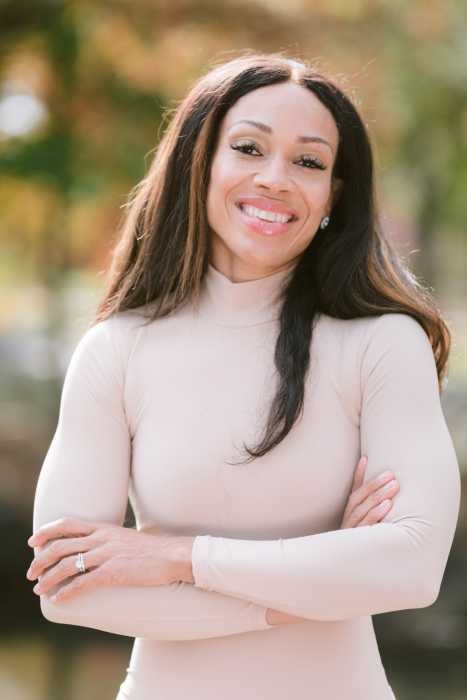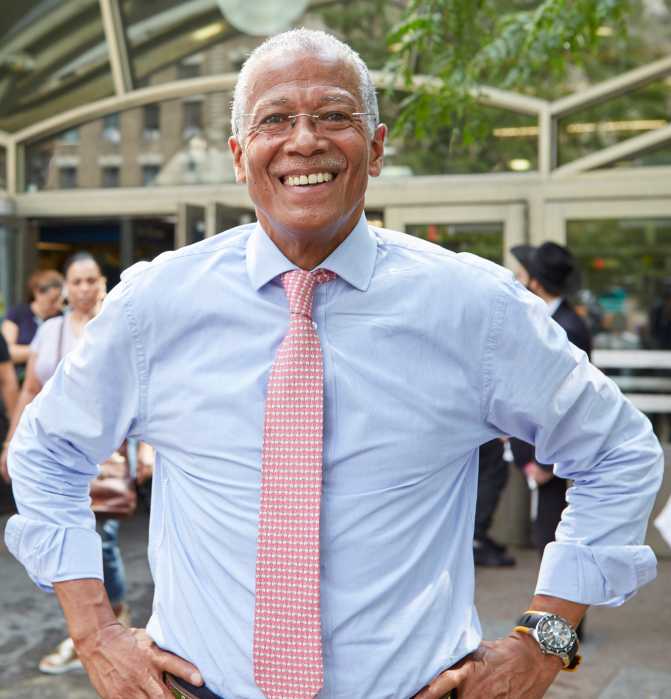A representative of Lower Manhattan for over 30 years, Deborah Glick has been an advocate for civil rights, reproductive freedom, animals and environmental preservation, the arts, and tenants’ rights. Glick was the lead sponsor of the Reproductive Health Act, codifying Roe v. Wade in New York State. She chairs the Higher Education Committee, and serves on the Ways and Means, Rules, Environmental Conservation, and Governmental Operations Committees, and is chair of the Assembly’s Intern Committee.
What can New York policymakers do to ensure equitable access to quality education?
Policymakers can ensure consistent and sufficient funding to allow proper planning to be done at the local level; develop strategies and create incentives to expand the pool of highly qualified teachers; publicly support teachers to reverse the trend of new teachers leaving the profession after short tenures; and work with colleges and universities to identify ways to reduce barriers for bilingual students to pursue teacher education courses.
What conditions or resources are conducive to a safe and effective learning environment?
A truly safe environment — not just from violence — is one where basic services are clean and healthy: drinking water free of chemicals and clean, safe bathrooms. Classrooms need good ventilation and properly regulated room temperature. There needs to be space for daily recreation. An effective environment must include adequate supports in every school: a psychologist, a social worker and a guidance counselor to assist students in understanding their options and helping them reach their potential.
Describe a learning experience from your own education that stands out.
It’s hard to identify only one, but since elementary school experiences — positive or negative — have a great impact on one’s school career, I’m reaching back to 6th grade. My teacher was male, one of only two male teachers in the entire school. He was very driven to not only cover the 6th grade material, but pushed us further and exposed us to math and science material I wouldn’t see again until high school. While there was too much competition engendered by his enthusiasm, I still have very clear memories of some of the lessons.


